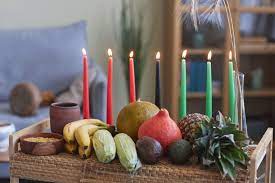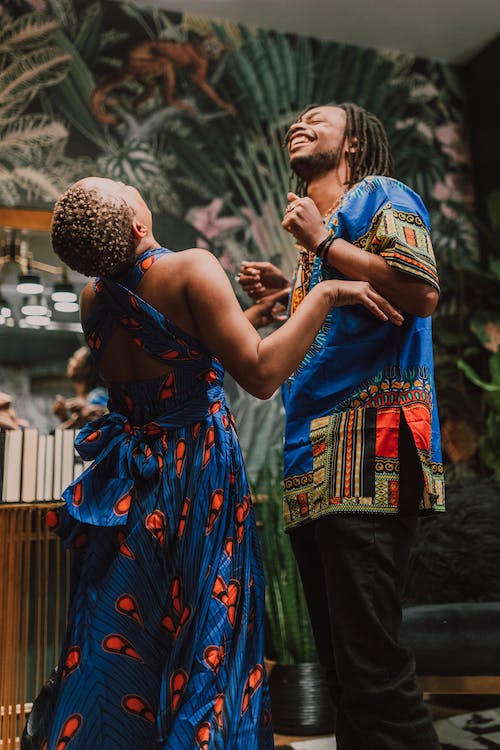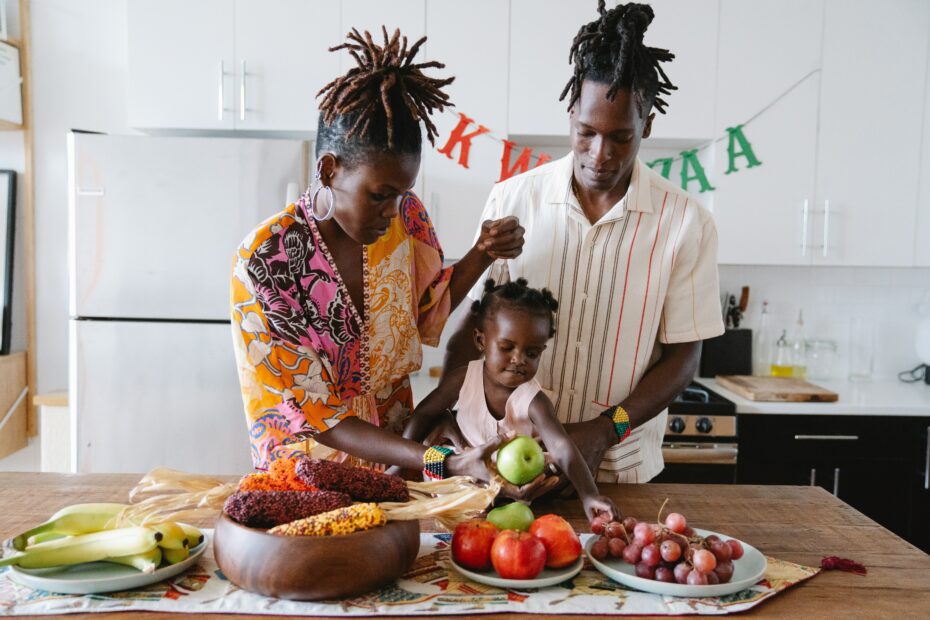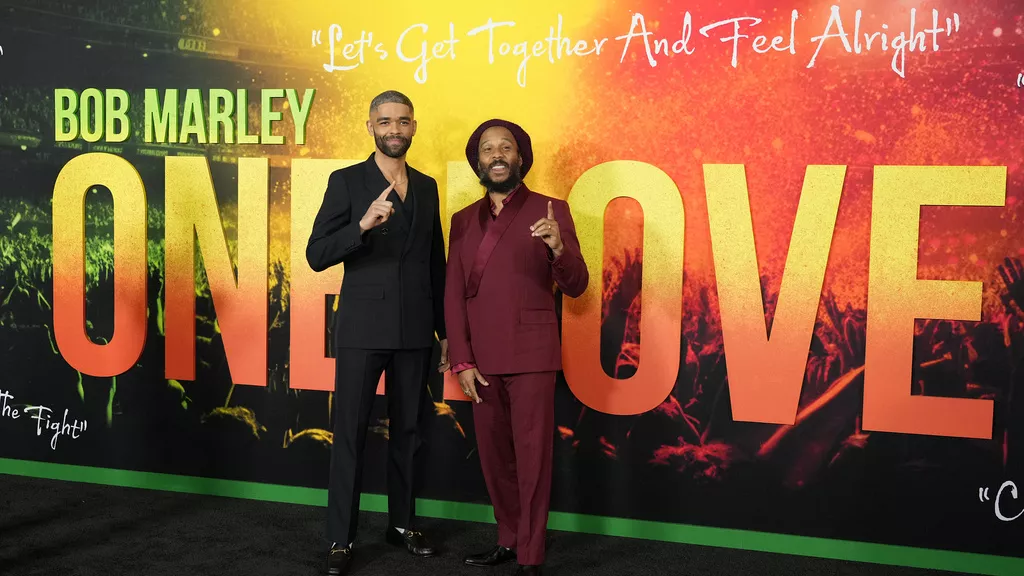Kwanzaa is an annual event that presents families with a chance to learn, celebrate and interact with the rich African culture and heritage. The secular holiday which is normally held between December 26 and January 1, is a perfect climax to December holiday festivities by celebrating the rich history of the African-Americans. This provides families across the globe with an opportunity to bond and interact with the history and progress of African-Americans. The question many ask quite often is, what is Kwanzaa? We’ll address that in this article.
History of Kwanza
According to the National Park Service, The history of the Kwanzaa dates back to 1966 when Dr. Maulana Karenga organized the first festival in the United States. The celebration is not a religious event and is an alternative to Christmas. Kwanzaa traditions resembles the Thanksgiving celebrations that is held annually in the United States. The brainchild of the celebrations Dr Karenga envisioned to bring African Americans together through the African celebration. The Kwanzaa Official Website states that the festival has transformed into a beacon of hope for a stronger bond among African Americans. ► READ ALSO: How to celebrate Kwanzaa 2023 in style
What are the seven principles of Kwanzaa and what do they mean?
Kwanzaa is themed under seven Kwanzaa principles also known as Nguzo Saba. Nguzo Saba is a Swahili word that has its origins in Africa. According to Dr Karenga, the principles are Umoja (Unity), Kujichagulia (Self-Determination), Ujima (Collective Work and Responsibility), Ujamaa (Cooperative Economics), Nia (Purpose), Kuumba (Creativity) and lmani (Faith). They help define the African American culture.
What are some traditional Kwanzaa activities?
During the holiday, families rely on the seven principles to organize activities. Some of the activities you can organize during Kwanzaa are as follows:
- Celebrating with feasts, music and poetry.
- Organizing activities based on the Kwanzaa principles.
- Lighting seven Kwanzaa candles
- -Supporting Black-owned businesses.
- Volunteering.
- Exchanging gifts in accordance with Kwanzaa traditions.
What African countries celebrate Kwanzaa?
Kwanzaa holiday is celebrated in all countries in the world. These include the 55 African countries where it draws its roots from. Kenya, Tanzania, Uganda and Mozambique where the Kiswahili language that is part of the holiday’s celebrations is dominant is among the countries that mark the Kwanzaa holiday.
The symbols of Kwanzaa

Some of Kwanzaa holiday symbols
The symbols of Kwanzaa are:
- Crops (Mazao),
- Place Mat (Mkeka),
- Ear of Corn (Vibunzi),
- the Seven Candles (Mishuma Saba),
- the Candleholder (Kinara),
- The Unity Cup (Kikombe cha Umoja) and
- Gifts (Zawadi).
Each symbol has its own distinct meaning which is drawn from the seven principles of Kwanzaa. Crops for example, represents work and the foundations of Kwanzaa which was borrowed on harvests celebrations that Africans embraced. The celebrations encouraged the sense of community, bonding and thanksgiving.► READ ALSO: Kwanzaa is much more than a “Black Christmas.” Find out what Kwanzaa is all about

Kwanzaa Greetings
During the Kwanzaa holiday, a Swahili greeting is adopted to celebrate the richness of the African-American culture. The Kiswahili greeting “Habari Gani” which translates to “How are you” is adopted by participants. The greeting is an important of the African-American culture that has been passed over to several generations.



